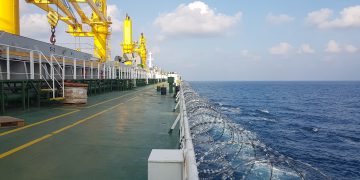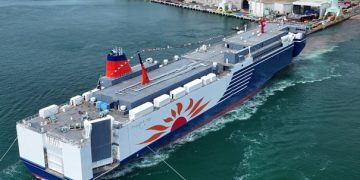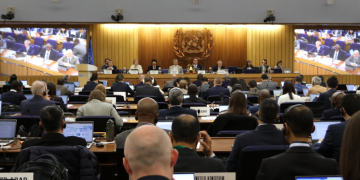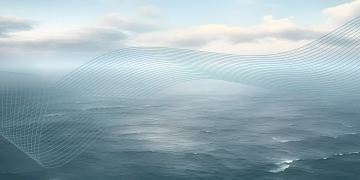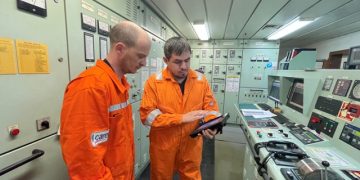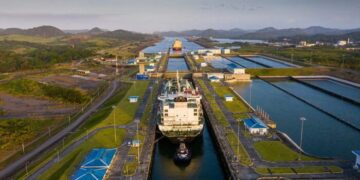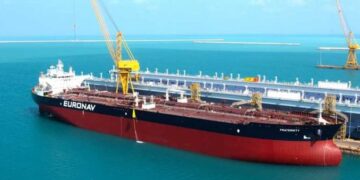Need to follow ocumented procedures after carrying out main engine maintenance While in port, the engineers renewed the plungers and barrels of three units of the main engine fuel pump, but neglected to try out the engine after completion of the task.When controls were tested an hour prior to pilot boarding, the main engine could not be started. As the problem could not be immediately detected and rectified, the scheduled departure arrangements had to be postponed resulting in off hire and commercial loss. Root cause/contributory factors Non-compliance with standard operating procedures that require that the engines be tried out for satisfactory operation immediately after any repairs or maintenance; Fuel system was not primed after completion of maintenance; Control air system filters were badly choked with dirt and excess oil; Routine draining of control air bottles was not carried out properly by the ship's staff. (The practice onboard was only to 'crack open' the drain valve of the air receiver for short periods. This procedure is not enough to drain out or to check for oil or water accumulated in the bottles. Drain valve must be kept fully open for the duration as per maker's specifications to confirm that accumulated water ...
Read more






